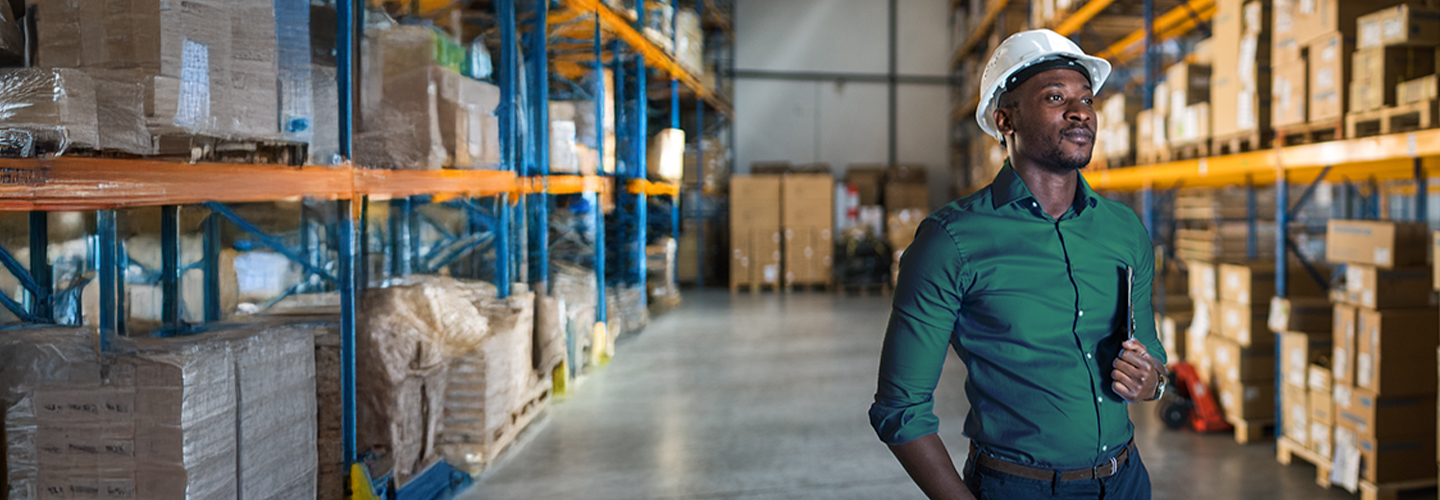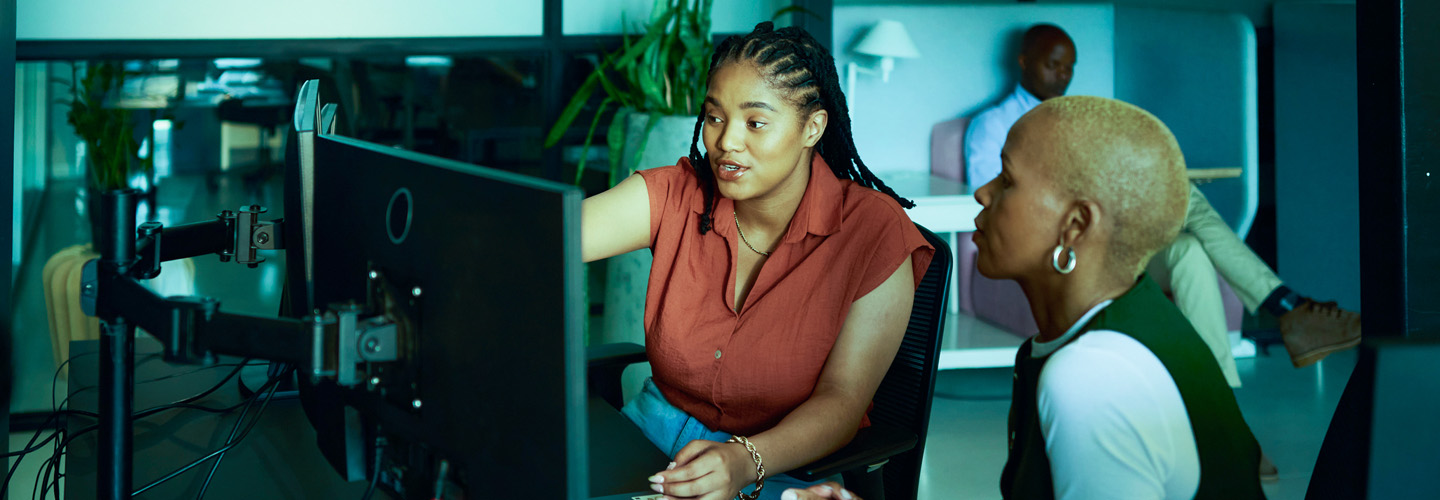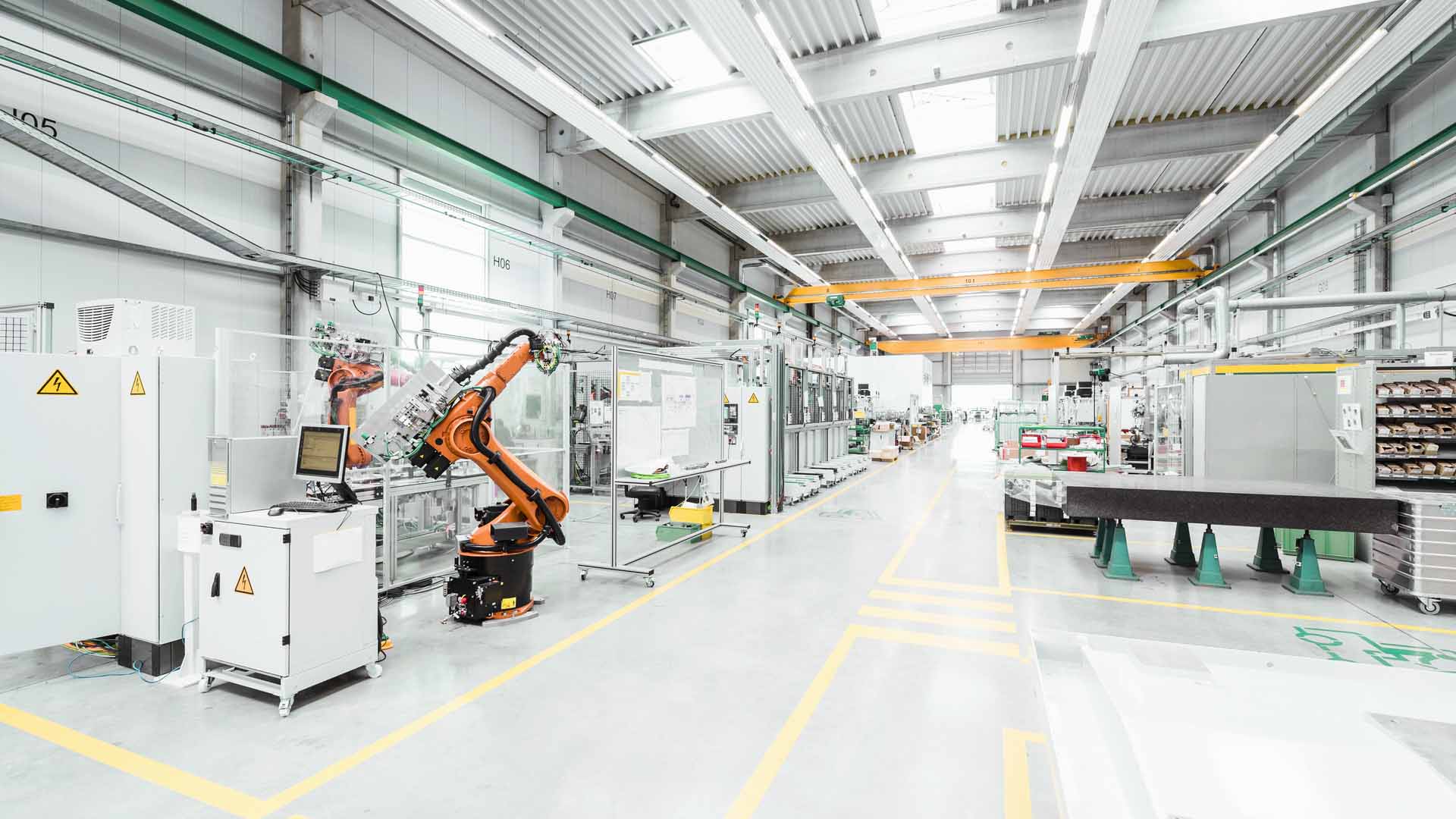It’s a difficult time for business owners in South Africa. They must deal not only with a sluggish global economy and disruptive military conflicts around the world, but also with an uncertain economic and political outlook at home. Public sector constraints on economic growth include ongoing load-shedding issues and uncertainty around water provision, food security and infrastructure maintenance.
Many business owners are hoping for improvements in domestic economic conditions after next year’s general elections for national and provincial government. We asked consultant economist JP Landman to offer some analysis and predictions about business prospects after the election.
Watch the video, or read the summary below, for his views on our business landscape in the near future.
Watch: Business and the 2024 elections
Consultant economist JP Landman talks about potential business conditions in the run-up to South Africa's next general elections and beyond.
GDP and population growth in SA
To provide some context, one of the biggest challenges SA has been facing in recent years is the growth of the economy versus population growth. Yearly, our current gross domestic product (GDP) growth rate is only around 0.5%, versus population growth of 1.2% to 1.5%.
For roughly 9 years economic growth has been lower than population growth. This causes additional pressure on business to create jobs in an economy with declining incomes and a shrinking tax base. The question is, can SA turn this around and increase economic growth until it’s equal to or greater than population growth?
Solving the challenges to growth
The electricity crisis at Eskom is by far the biggest challenge to economic growth. There has been a lot of debate about the politics and economics of the crisis and how state-owned enterprises function, but it’s good for business decision-making to boil this down to a single clear fact: We need 6,000MW of generating capacity added to our national power grid.
Businesses can now focus on more sustainable models going forward
A positive effect of the crisis is that the private sector is stepping in to provide additional capacity, and Eskom’s monopoly on power provision is being reduced. It is likely that enough investment in additional capacity will have been made by the end of 2024 to enable an uptick in GDP to around 1.5%, or roughly equal to population growth.
Beyond electricity, the key drivers of growth in the national economy are going to be investment in major infrastructure projects, especially the rail network and ports. Private sector concessions have already been issued for the largest rail corridor, which runs from the City Deep container terminal to the port of Durban. A multibillion-rand private concession has been issued in the port itself, to develop infrastructure and enable goods to move more efficiently.
Private sector opportunities
What this indicates is a move away from SA’s traditional model of the state effectively holding a monopoly over economic infrastructure, to a hybrid public–private model where market competition is part of the landscape. This provides many downstream business growth opportunities for smaller players.
We’re seeing a much more realistic set of political attitudes regarding economic recovery, led by the willingness to privatise state infrastructure. Political infighting and lack of capacity have characterised SA’s governance in the past few years. What we are now seeing is an acknowledgement that political collaboration and government by coalition are necessary and that foreign investment can only be brought back with the commitment to improving infrastructure and delivery through private sector collaboration.
Business and ESG
There is much in the news and on social media about the run-up to next year’s elections. One of the most important realisations for many business owners who have taken action and invested in technology to alleviate load-shedding, is that businesses can now focus on more sustainable models going forward. Environmental, social and governance (ESG) issues are increasingly important to the bottom line.
SA is in a unique position – changes in the way Eskom is run and our electricity is generated and delivered will lead to a more sustainable, more carbon-neutral economy for all. Many businesses are already in a place where efforts towards sustainability have led to alternative investments or new business models, which is happening without regulatory compliance dictating it.
If we move beyond the current political challenges and into a period of small incremental economic growth that outstrips population growth, sustainable business opportunities will begin to present themselves. Examples of this might be the business of organic produce geared for export, or taking full advantage of the international AGOA trade agreement.
Nedbank Commercial Banking has a range of investment and financing options for businesses looking to take advantage of a potential uptick in SA’s post-election economic growth.








